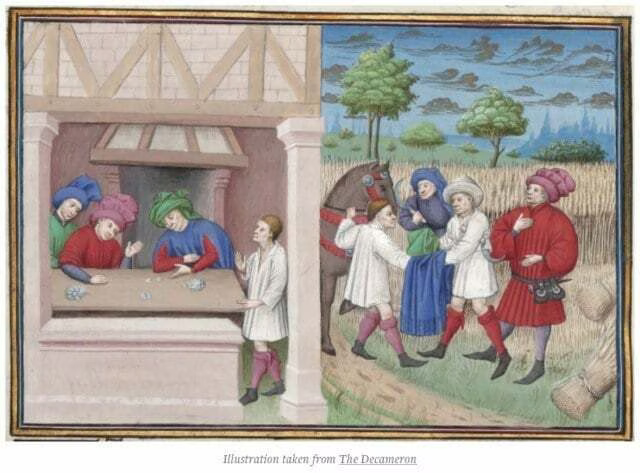Why It Matters That You Could Not Have Done Otherwise

Alessandro Vernet writes > about the ability to have done otherwise:
"Could you have done otherwise, in exactly the same circumstances?" Some say that the answer to this question sheds some light on whether we have free will. I think it does the opposite: it confounds the issue, creating a false problem.
I wrote this response to him, and wanted to include it here as well:
—
I think you have this quite wrong, Alessandro.
The question has to do with looking at the past to model what decisions we have in the present. It’s meant to highlight the contradiction in compatibilism.
Compatibilism says that determinism and choice are…well, compatibile. But if we simply look at a previous decision that we made, then we see that choice is not one of our options.
If I decided, at some point in the past, whether to eat chocolate or vanilla ice cream, and I accept determinism as true, then we see that only one "choice" was possible.
If I picked vanilla, for example, then as a determinist it’s nonsensical to say that I could have chosen chocolate at that moment. The compatibilist is inspired here to say that he remembers contemplating the options, and remembers almost choosing chocolate before deciding on vanilla. And that he felt completely in control at the time.
This is quite a seperate manner than choice.
We already established that he could not have done otherwise, because that’s what determinism is. So the fact that his choice happened to perfectly correspond with the only action he could have made is noise, not signal.
In the end what we’re left with is an experience of choice and freedom that corresponds with the complete lack of freedom and choice. One option available to us is to simply rename the experience of choice, and call that "free will", and that’s what compatibilists have done.
But this misses the mark for the most important part — which is the entire purpose of the discussion in the first place: Moral Responsibility.
For the purposes of assigning (moral) responsibility for an action, we must first start by saying that there is a fundamental difference between EXPERIENCING choice and actually making one.
Many people at professional magic shows EXPERIENCE magic, but none actually takes place. But their wonder and amazement is no less tangible. We should not, however, interview people leaving the magic show, ask if they were amazed, and then burn the magician at the stake for witchcraft. There are many reasons for this, but primary among them is the fact that he wasn’t performing real magic. A room full of people who experienced that magic is not counter-data.
So when we speak of moral responsibility we really must come down to whether someone had an option NOT to do what they did. For any trial or judge or jury, nothing is more important. If the person was being mind-controlled remotely, they’re not guilty. If they had a brain tumor that made them do it, they’re not guilty.
So why is determinism any less damning to their guilt? Why is a brain tumor less damning than a chain of cause and effect that started at the big bang and ended with vanilla ice cream?
It’s not, and that’s why it’s ridiculous to propose that true (non-practical) moral responsibility is possible in a deterministic world. The only type of blame and responsiblity we can (and should) assign is the practical type — the type that allows societies to function.
In other words, we pretend people are responsible because that’s what maximizes happiness and reduces suffering. But we must not forget that — at the most basic level — true choice is not possible, and therefore true moral responsibility is not possible either.
This should move us permanently and solidly in the direction of consequentialism, and should all but destroy the concept of retributivist approaches. This, more than anything, is why we should reject the concept of free will: it is the fuel that powers hatred towards those who seem to have made the wrong decisions.